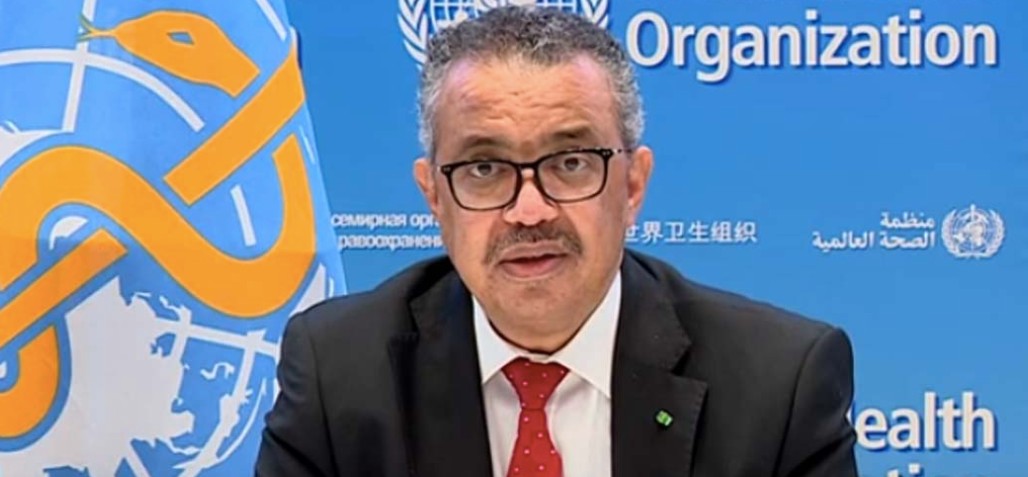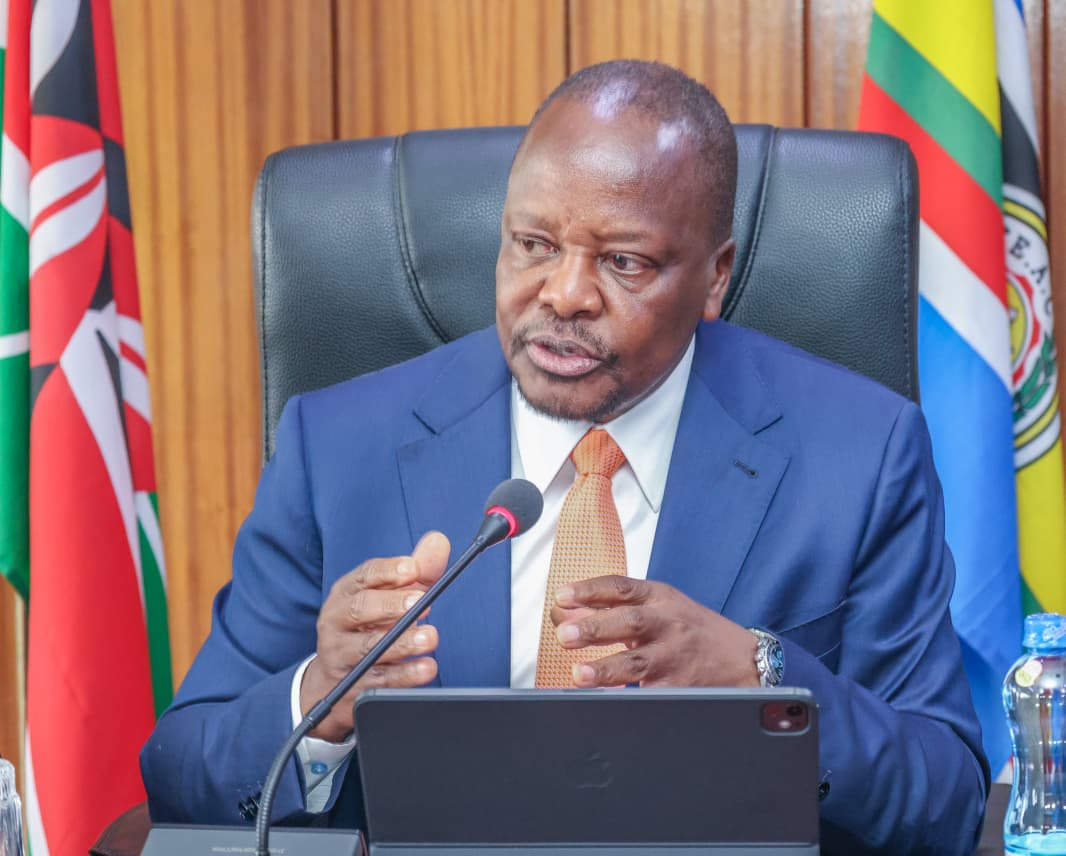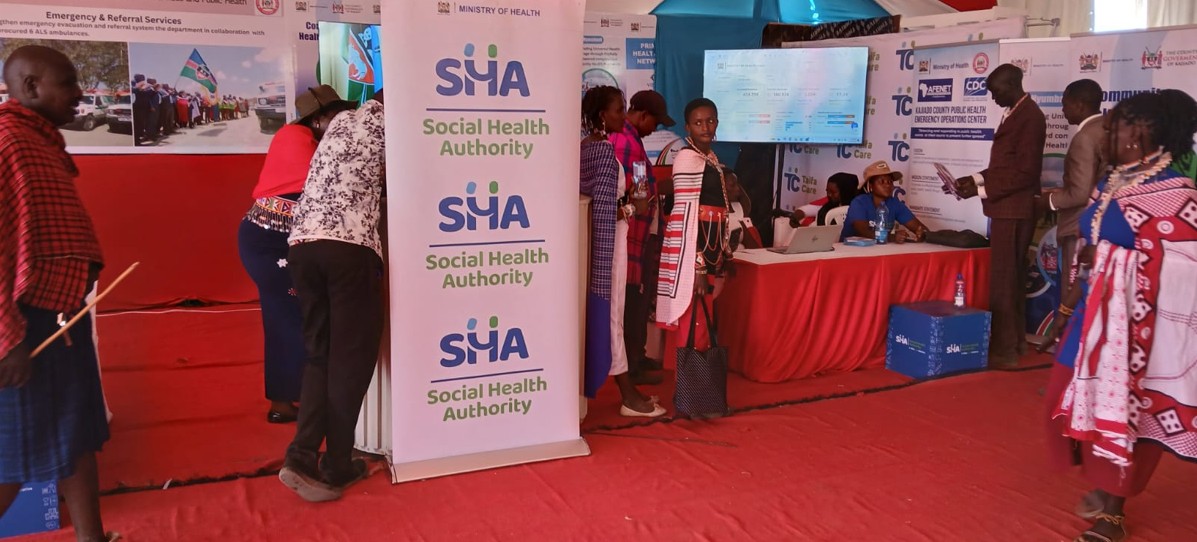EPRA reveals how Kenyans were charged for unused electricity in 2023

The financial gap created by this discrepancy is absorbed by the utility company, impacting overall efficiency.
Consumers in Kenya paid for 3,211.9 megawatts of unused electricity in 2023, according to annual energy sector statistics released by the Energy and Petroleum Regulatory Authority (EPRA) on Thursday.
The report highlights that total system losses, including both technical and commercial losses, accounted for 23.47 per cent of the energy purchased, significantly exceeding the 18.5 per cent benchmark set by the authority for the financial year 2023-2024.
This indicates that for every 100 units of electricity purchased by Kenya Power from producers, only 77 units were sold to consumers.
More To Read
- Auditor General flags Kenya Power for missing 30 per cent tender quota for youth, women, and PWDs
- Kenya’s electricity demand hits all-time high of 2,439 MW, straining power generation capacity
- State agencies, counties owe Kenya Power Sh4.67 billion in unpaid bills - Auditor General
- Kenya Power ends manual applications, new connection requests exclusively via website
- Over 16,000 in the dark as Kenya Power struggles to procure essential meters, transformers
- 122 electrocuted as illegal connections, encroachment rise - Kenya Power
The financial shortfall resulting from this discrepancy is absorbed by the utility company, which adversely affects its overall efficiency.
Technical losses are a natural occurrence, primarily arising from power dissipation in system components such as transmission lines, transformers, and measurement devices.
Kenya Power attributed the increased losses last year to several factors, including delays in implementing loss reduction strategies due to tender disputes over essential materials like metres and transformers.
Additionally, the expansion of the grid and customer base without a corresponding increase in resources, along with increased incidents of electricity theft, have contributed to the rising losses.
While some losses are absorbed by Kenya Power, a significant portion (9.5 per cent) ultimately falls on consumers.
Despite ongoing restructuring efforts aimed at reducing system losses to 14.4 per cent, the current high levels continue to hinder the possibility of lower electricity bills for customers.
Kenya Power's new CEO, John Siror, who took over in May last year, emphasised the need to tackle these high losses.
"To address the high losses, Kenya is implementing initiatives such as transformer metering, feeder metering, smart metres, and smart grids," Siror stated.
He highlighted that smart grids could help minimise revenue losses through advanced metering technologies that prevent metre bypass, tampering, and illegal connections.
"With a focus on expanding and modernising the grid, Kenya aims to reduce system losses annually," Siror added.
Top Stories Today












































